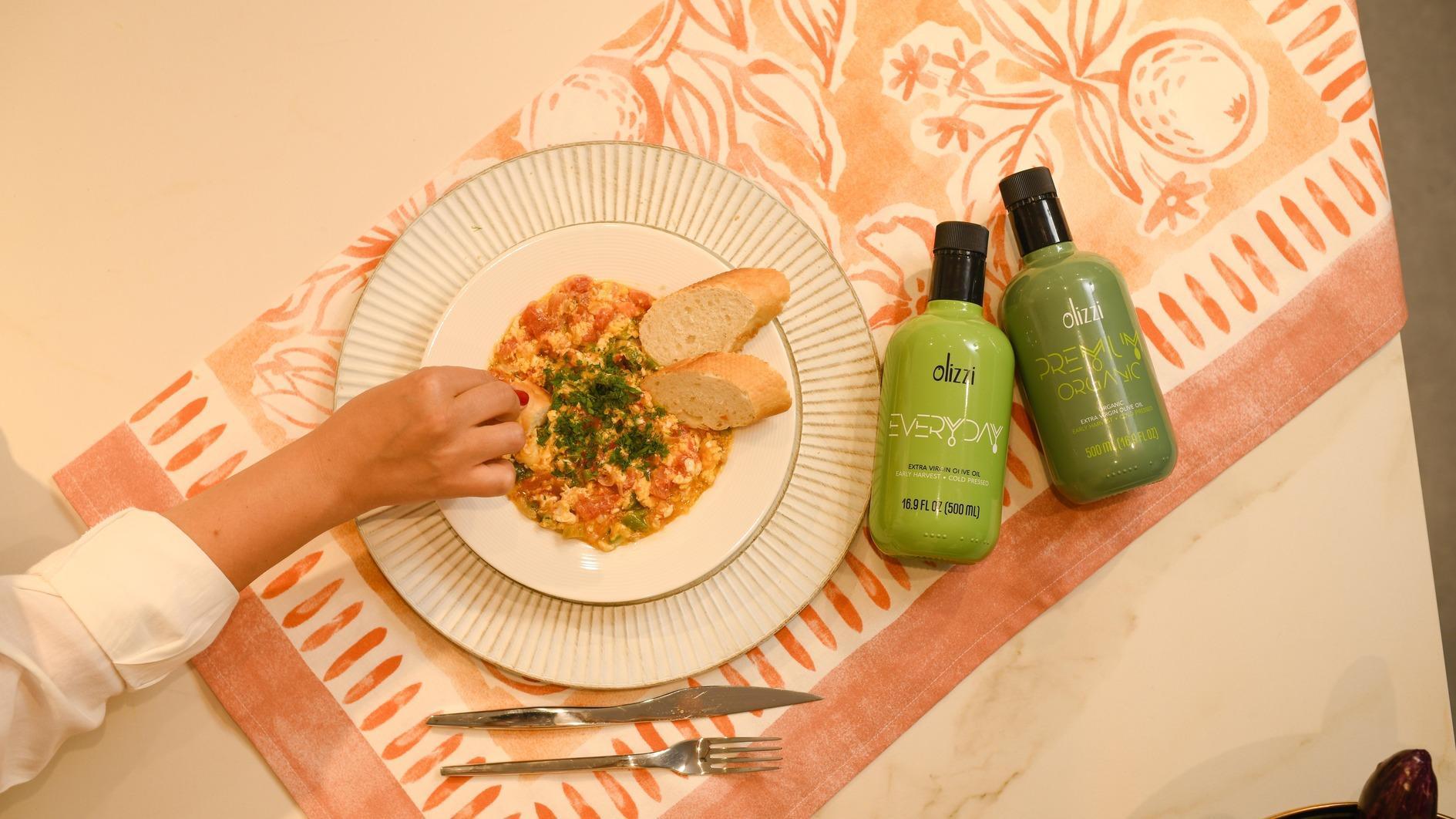
Despite being one of the leading olive oil producers globally, it is unfortunate that we have not yet established the concept of 'Turkish olive oil.' We definitely need more brave and forward-thinking producers like Ece Er Aydın, the founder of the Olizzi brand
In the columns I’ve written over the years, I’ve rarely focused on olive oil. There are several reasons for this. One side of my family has been involved in olive oil production for four generations. In other words, I have a fairly good understanding of the industry; I know how challenging it is, beyond just being able to distinguish the good from the bad. I’m well aware that it’s not the romantic world it may appear to be from the outside, and that costs have risen significantly over the years while returns have declined. Since I know that many of the hundreds of brands out there are merely the result of temporary enthusiasm — most of them being hobbies — I’ve preferred to keep my distance.
By the way, don’t get me wrong — I’m not against the rise in brands. In fact, as the diversity of production and boutique producers grows, so does the consumer’s curiosity and interest in the product. This, in turn, raises awareness. The producer I’m about to tell you about has made a significant contribution to this. She didn’t start her journey with an olive grove inherited from her grandfather but with her own passion and bravery: Ece Er Aydın, the founder of Olizzi.
Ece is a young, intelligent, and hardworking entrepreneur in her early thirties. The reason Olizzi caught my attention is that I discovered it at the Erewhon market, which I always visit whenever I go to Los Angeles to see my daughter. Erewhon is a place where you can find the finest products, frequented by Hollywood stars and American millionaires. Olizzi is one of the best-selling olive oil brands there. Why shouldn’t we feel proud of that?
Entering such markets is challenging, and even more so to establish a product once you’re in. Ece has managed to do both on her own. As a Mediterranean person and a marketer who understands the significance of olive oil in our cuisine and culture, she recognized the potential of our market abroad. She set out to introduce high-quality Turkish olive oil to the world in a modern and innovative way.
Her olive oil packaging, in rounded bottles, is simple and straightforward. Particularly noteworthy are the “Baby Organic” olive oils, suitable for both babies and adults and the high-quality single-use olive oil packs, both of which draw significant attention due to their rarity. Ece, a graduate of METU’s Industrial Engineering program, founded Olizzi after noticing the presence of Italian, Spanish, Greek and even Moroccan olive oils during her time in the U.S., but never encountered any Turkish brands. “I knew Turkish olive oil was among the oils I bought in America, but the country that bought it from us and sold it as their own was the one benefiting from it, not us. Our incredible olive oil, which is part of our national heritage, was being sold around the world without promoting the Turkish brand,” she told me when I told her that I found her initiative brave.
Ece graduated last month from the advanced class at ONAOO, the world’s oldest olive oil tasting school in Italy, earning her certification as a Professional Olive Oil Taster. She is now listed in the ONAOO international registry of tasters. Ece believes that both consumers and producers should prioritize sensory tasting in olive oil. She frequently conducts tastings in the U.S., where she highlights the sensory qualities and quality of Turkish olive oil. If the number of brave entrepreneurs like Ece increases and we can introduce our oils to a wider audience, we can add value to our extra virgin oils by promoting them with high sensory standards, rather than selling them in bulk and being recognized in the global market in this way.
A guide to understanding good olive oil by Professional Olive Oil Tasting Expert Ece Er Aydın